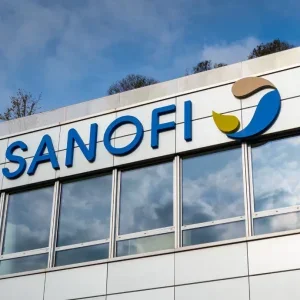
AstraZeneca’s Calquence (acalabrutinib), combined with bendamustine and rituximab, has received approval from the European Union (EU) for treating adult patients with previously untreated mantle cell lymphoma (MCL) who are ineligible for autologous stem cell transplant.
Calquence is a second-generation, selective inhibitor of Bruton’s tyrosine kinase (BTK), which binds covalently to BTK, thereby inhibiting its activity.
With the European Commission (EC) approval, Calquence becomes the first and only BTK inhibitor authorised for first-line treatment of MCL in the EU.
The approval follows a positive recommendation from the European Medicines Agency’s (EMA) Committee for Medicinal Products for Human Use (CHMP).
AstraZeneca oncology haematology business unit executive vice president Dave Fredrickson said: “Treatment with the Calquence combination in first-line mantle cell lymphoma demonstrated a significant improvement in progression-free survival and a consistent safety profile for patients in the pivotal ECHO trial.
“As the first and only BTK inhibitor approved in this indication in the EU, we are proud to provide a much-needed new option to patients living with this difficult disease.”
The EC approval was based on results from the ECHO, a randomised, double-blind, placebo-controlled, multi-centre Phase 3 clinical trial.
It evaluated the efficacy and safety of Calquence plus bendamustine and rituximab compared to SoC chemoimmunotherapy in adult patients aged 65 years and above.
In the Phase 3 study, the Calquence combination reduced the risk of disease progression or death by 27% compared to standard chemoimmunotherapy.
Patients treated with the Calquence combination experienced a median progression-free survival (PFS) of 66.4 months, compared to 49.6 months with chemoimmunotherapy alone.
The safety profile of Calquence remained consistent, with no new safety concerns identified.
The approval comes after the recent EU approval of Calquence monotherapy for adult patients with relapsed or refractory MCL.
Calquence, in combination with bendamustine and rituximab, is already approved in the US and several other countries based on the ECHO trial results.
The trial investigator Martin Dreyling said: “This approval provides a new first-line treatment option for patients in the EU with mantle cell lymphoma, an aggressive lymphoma with a dismal long-term outcome still today.
“With a progression-free survival improvement of more than 16 months for these patients, the acalabrutinib combination is a much-needed advance in this challenging disease.”






